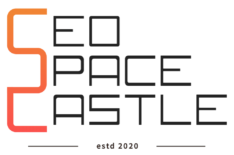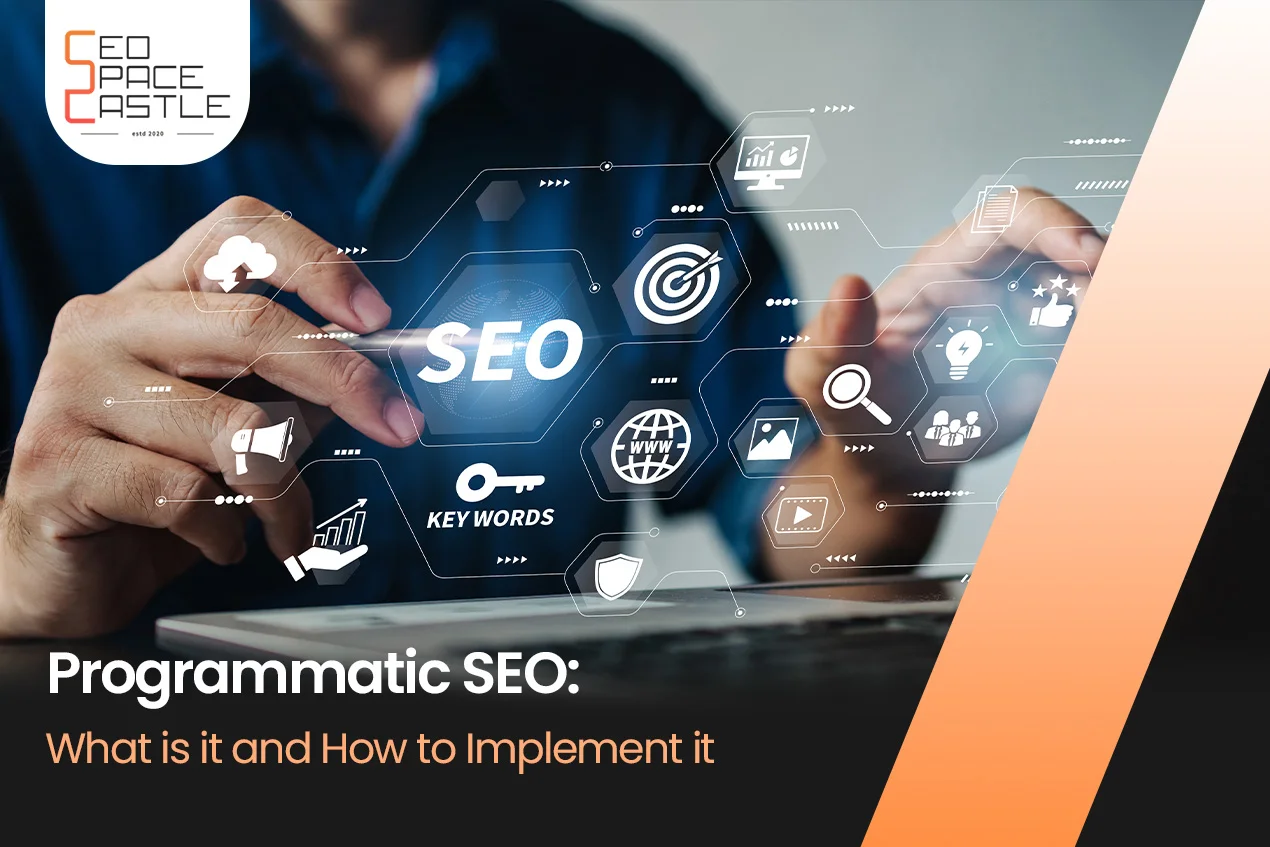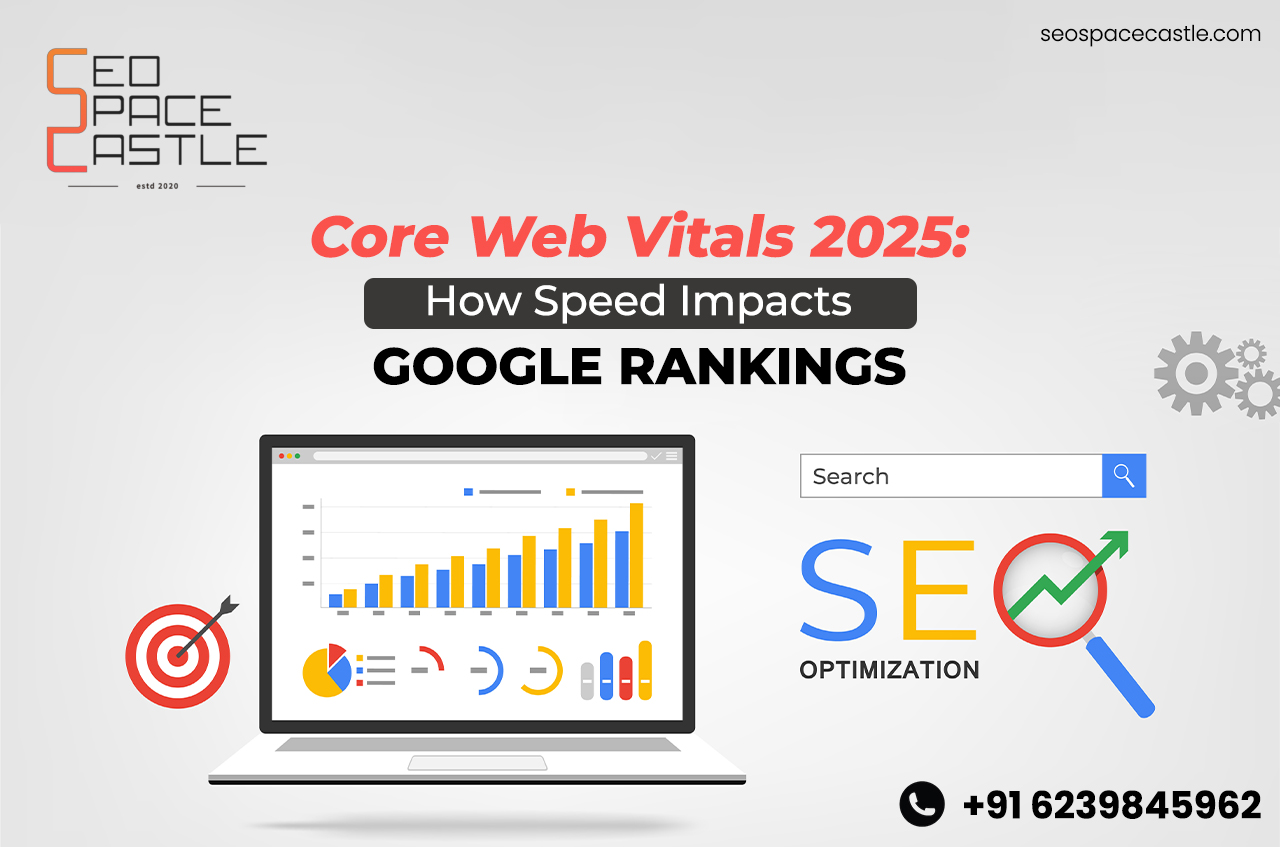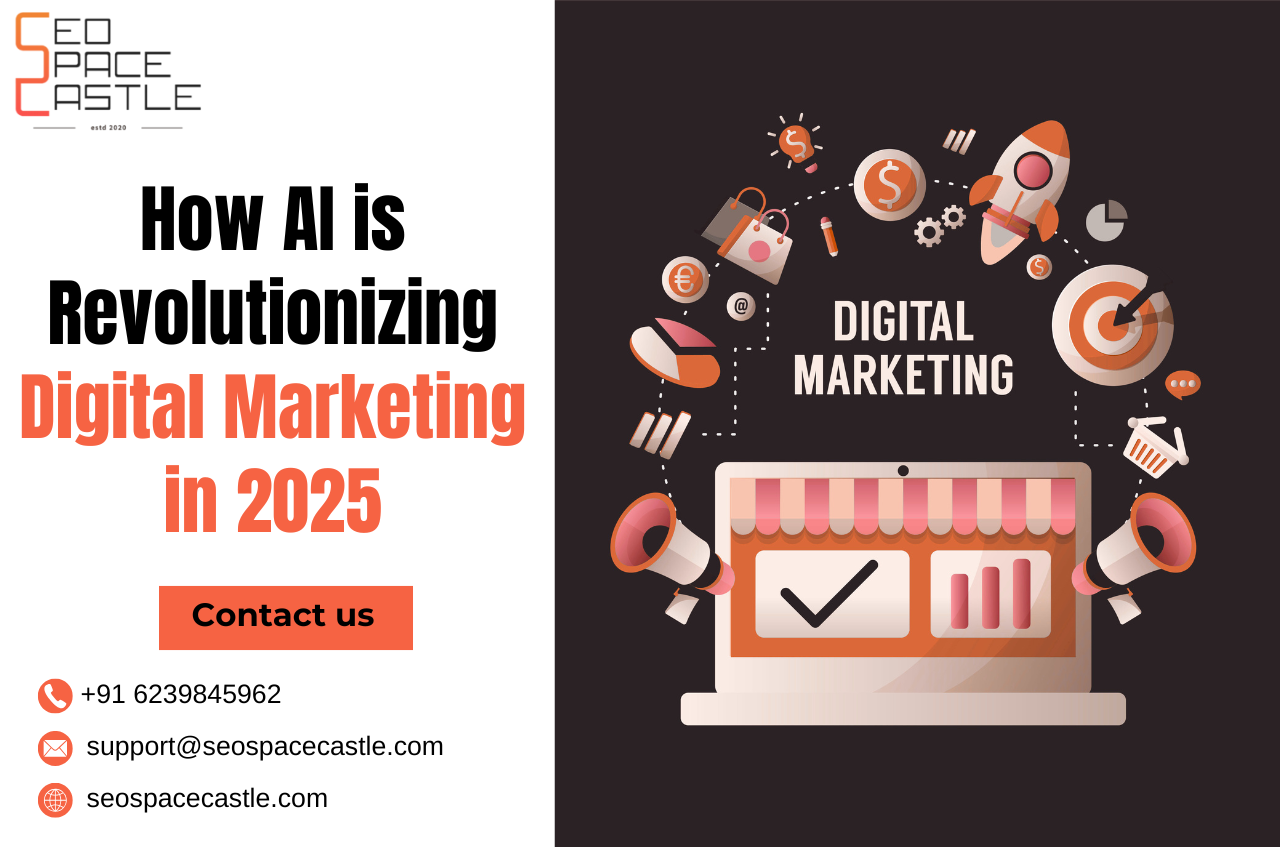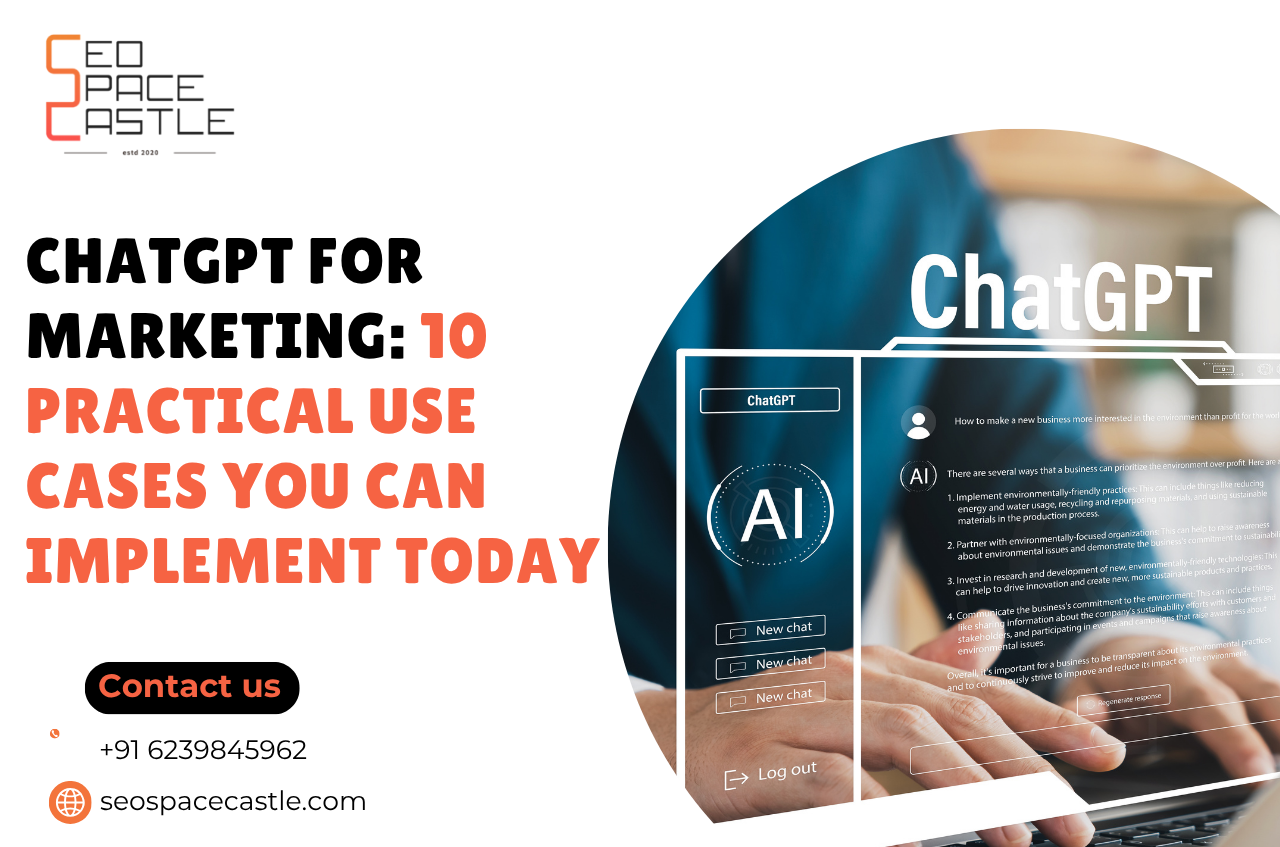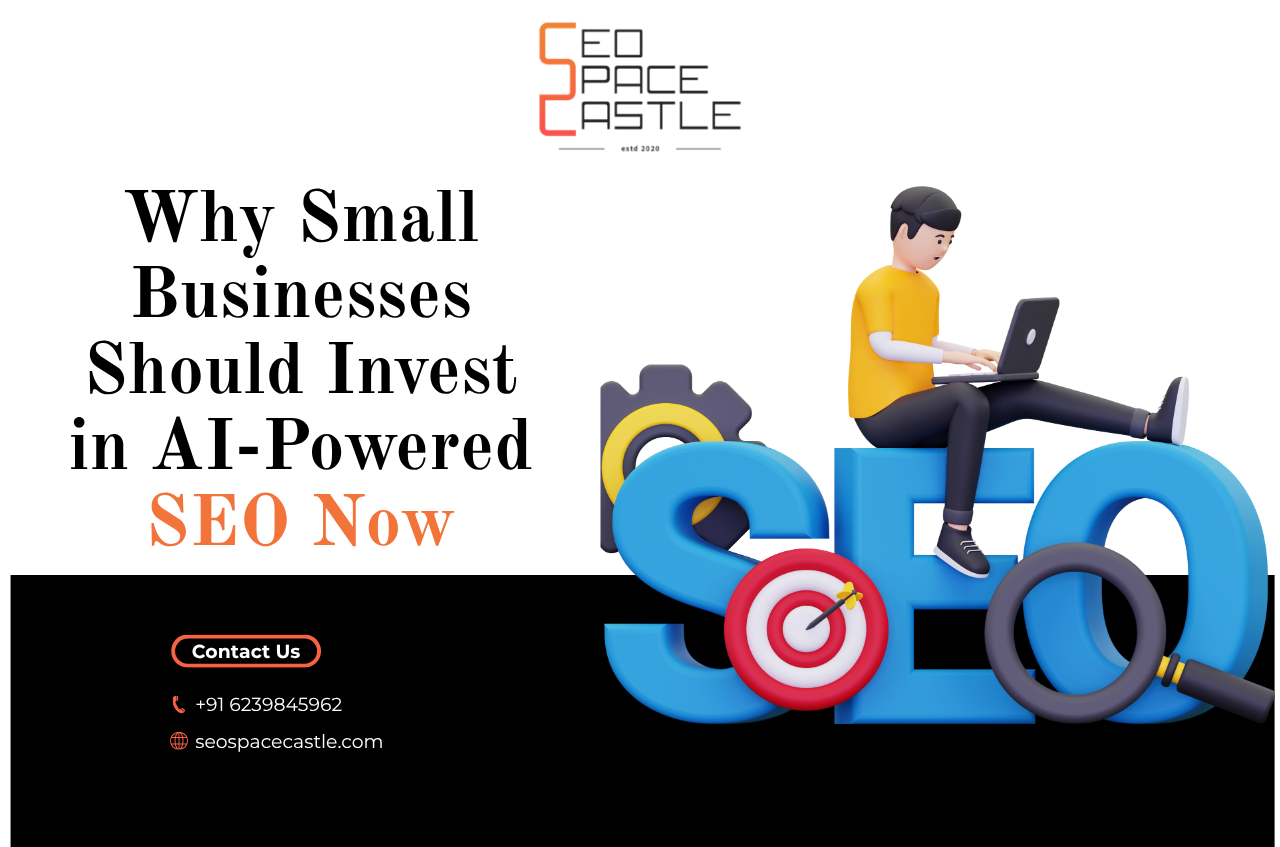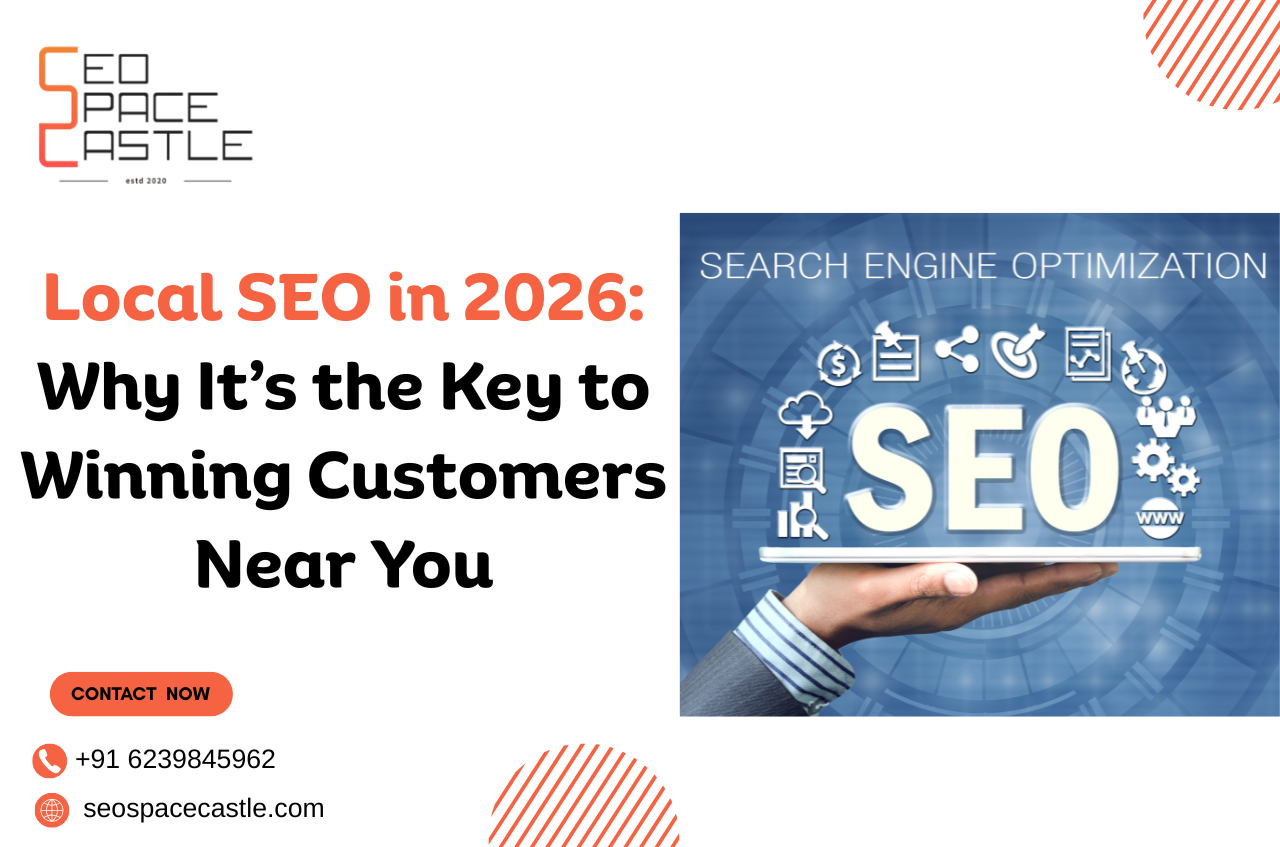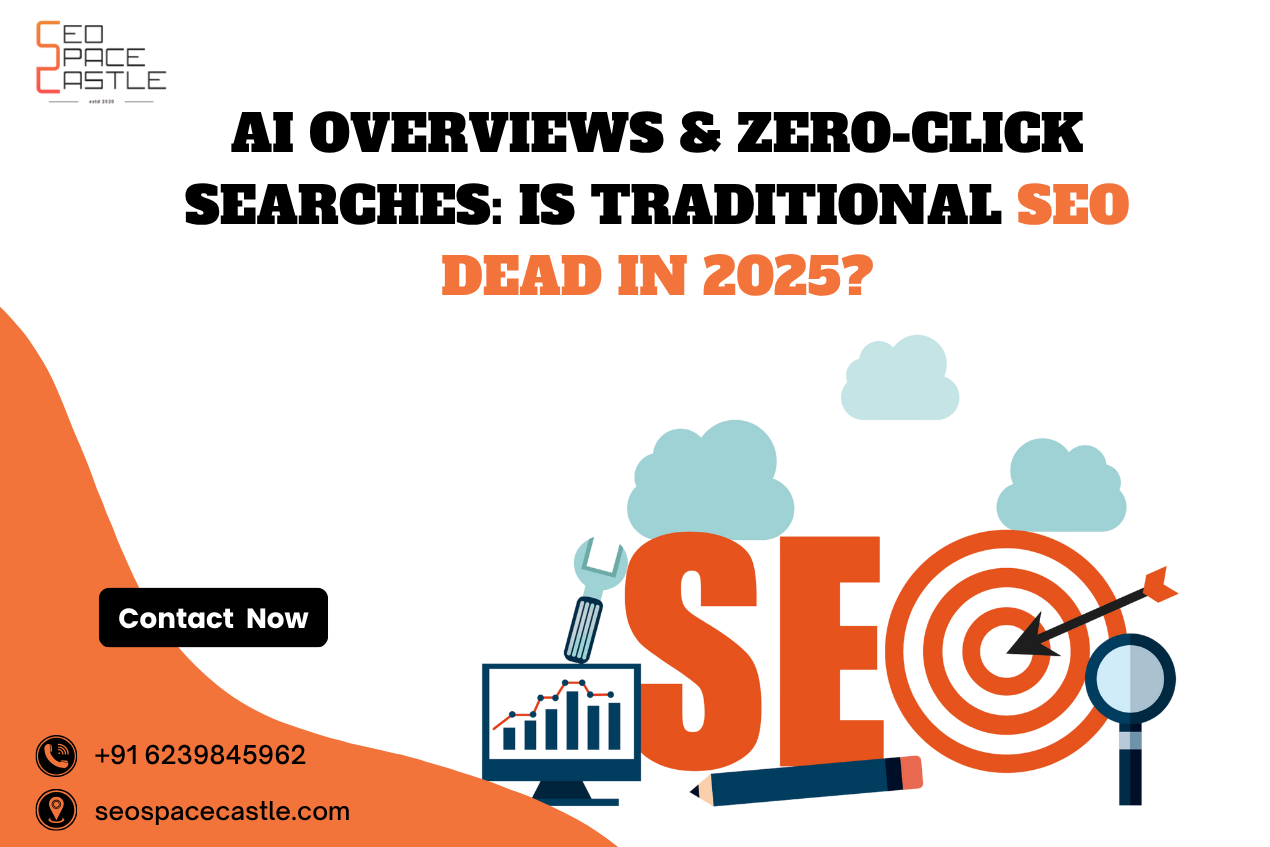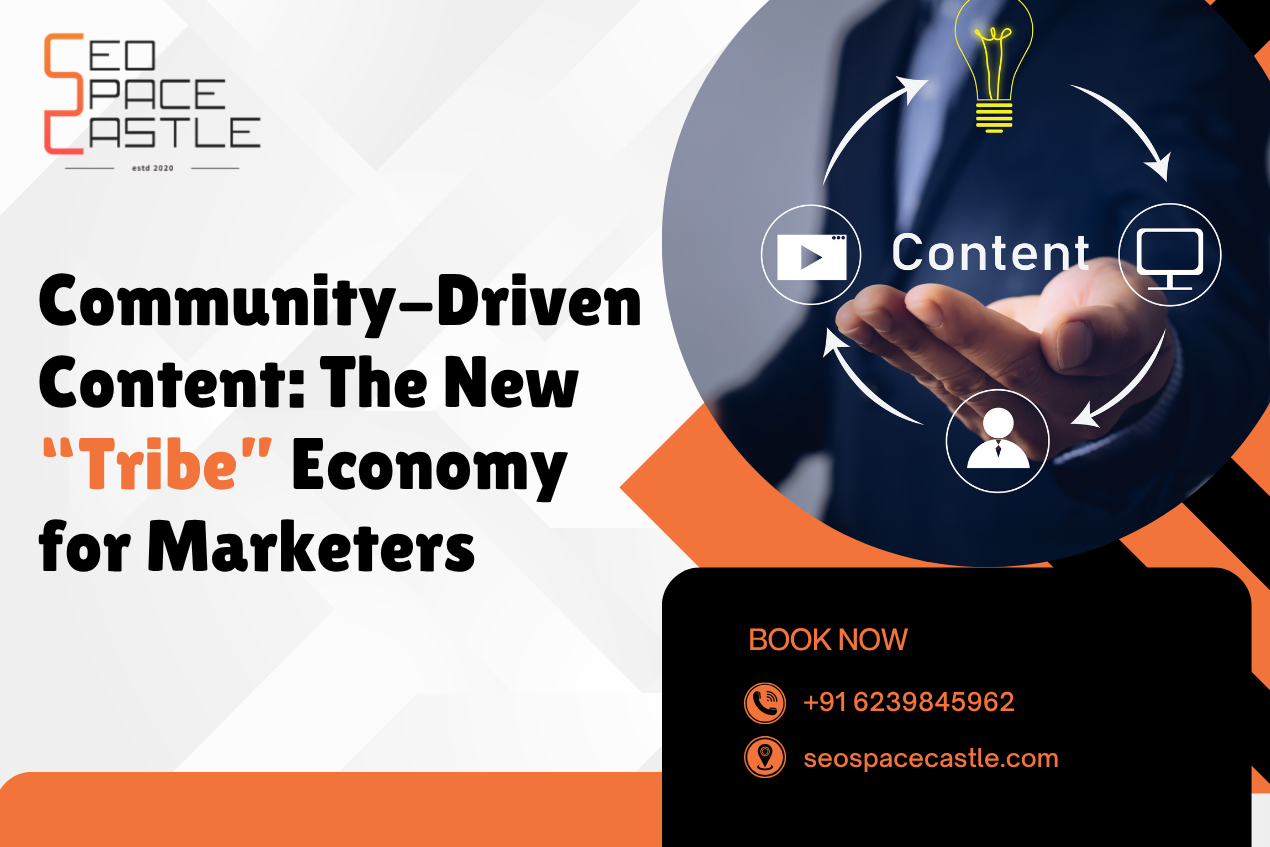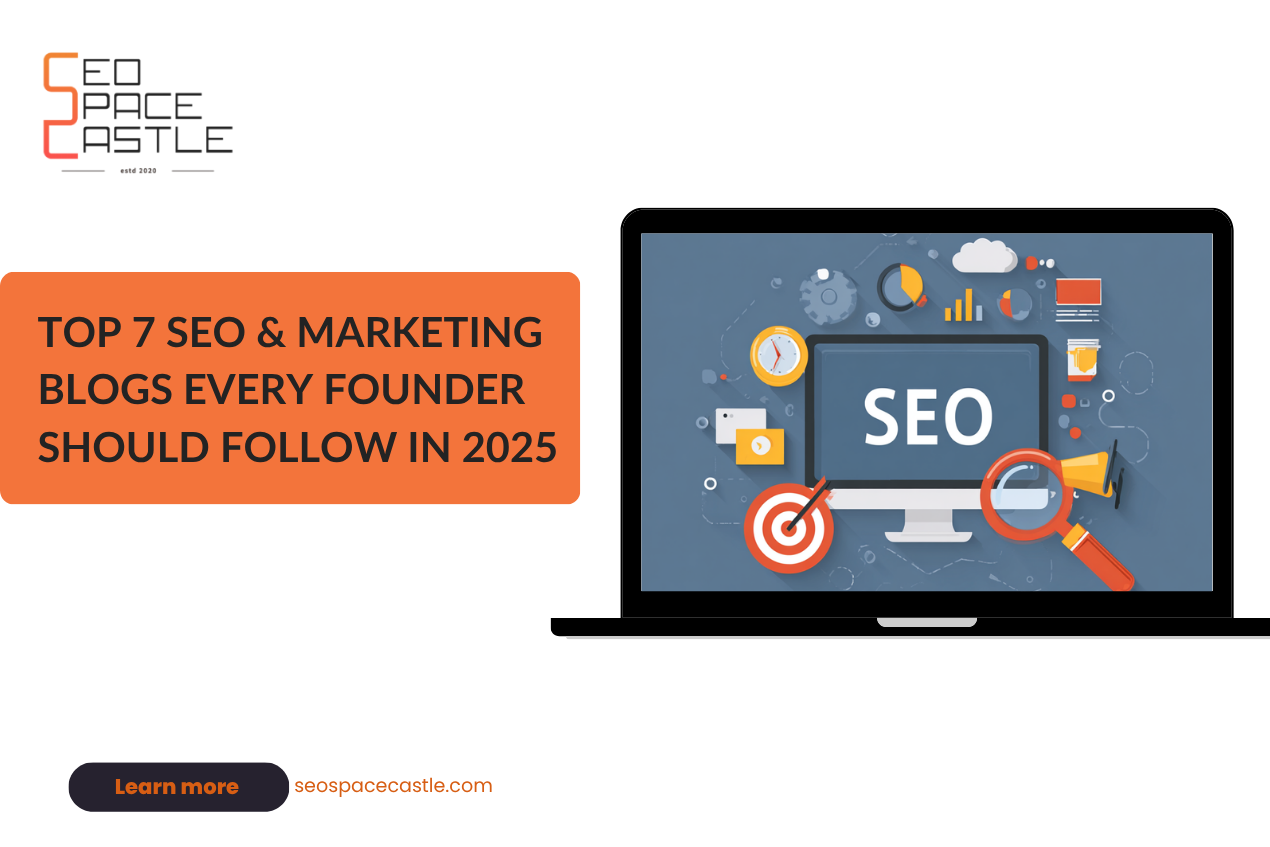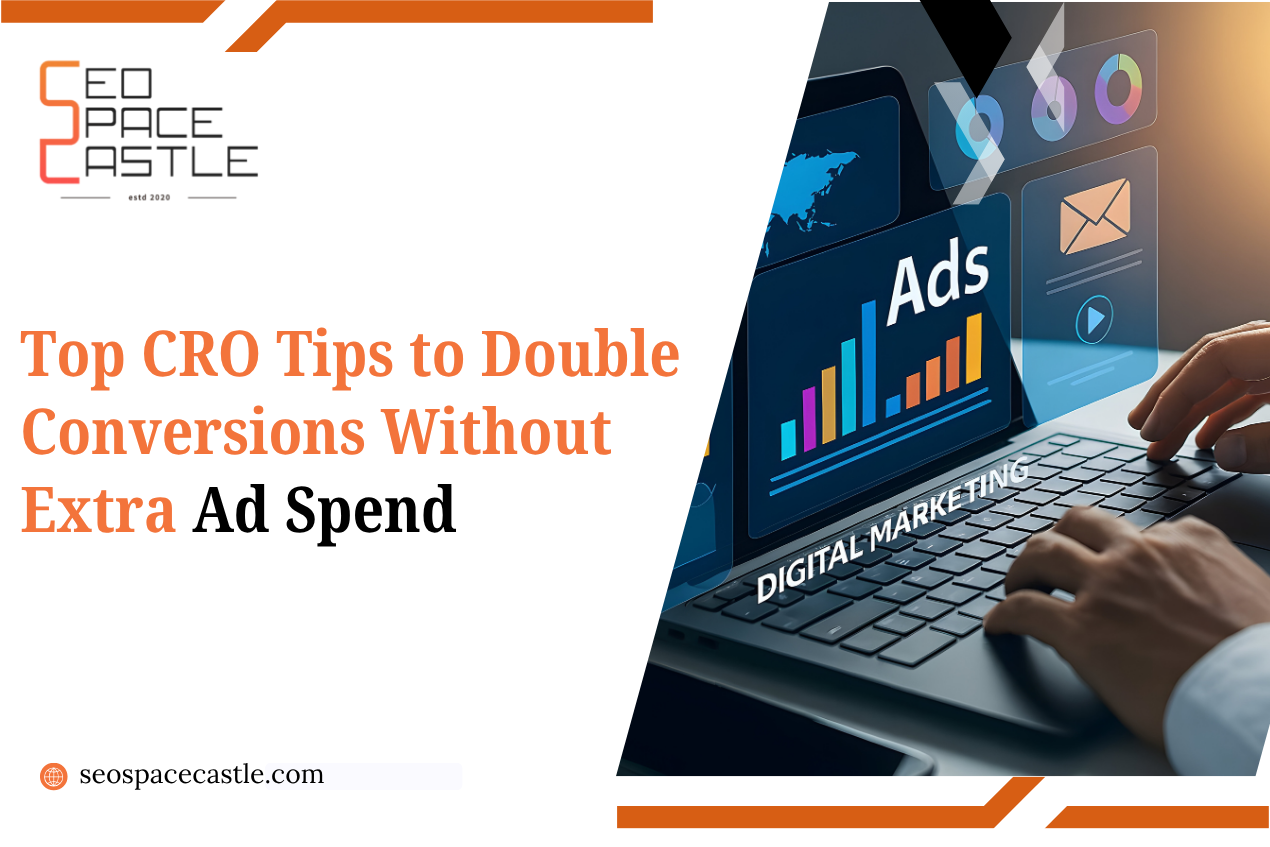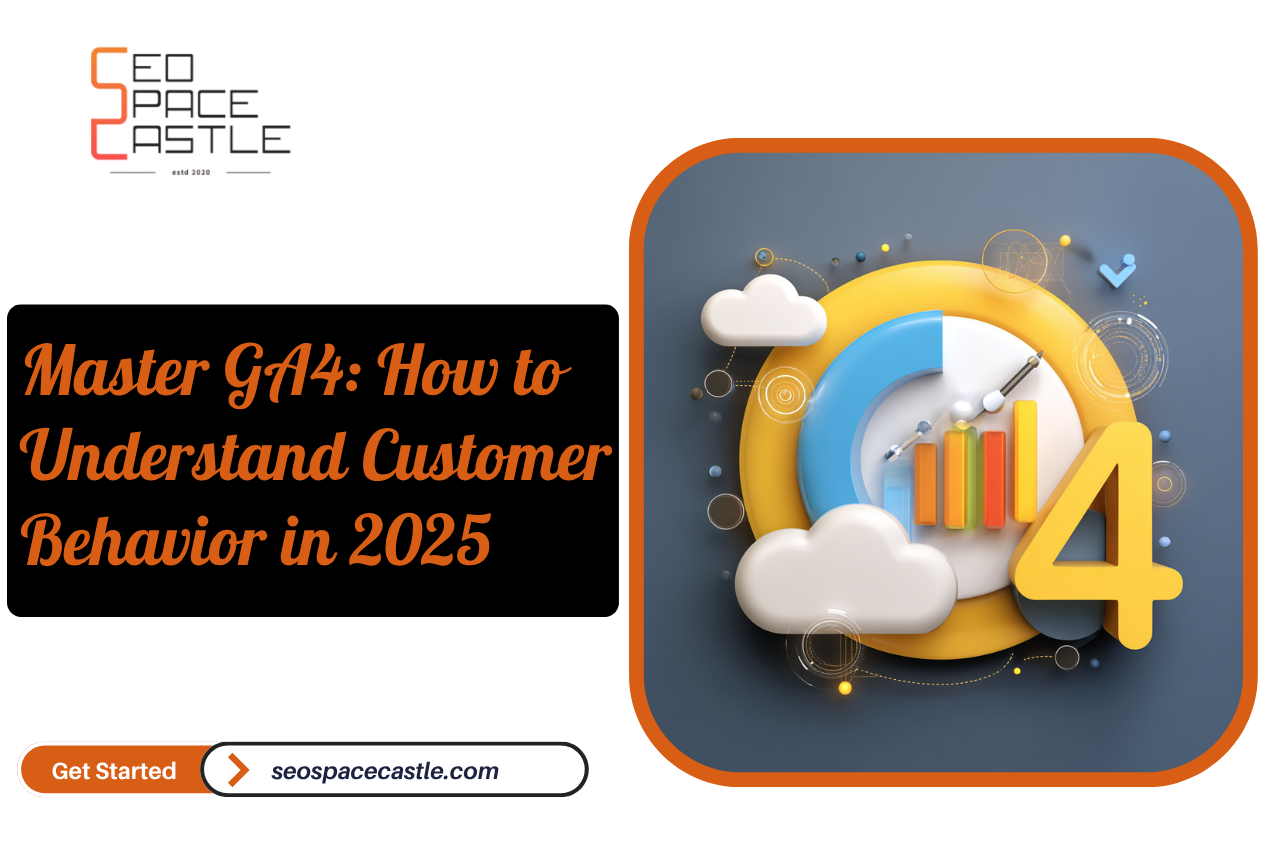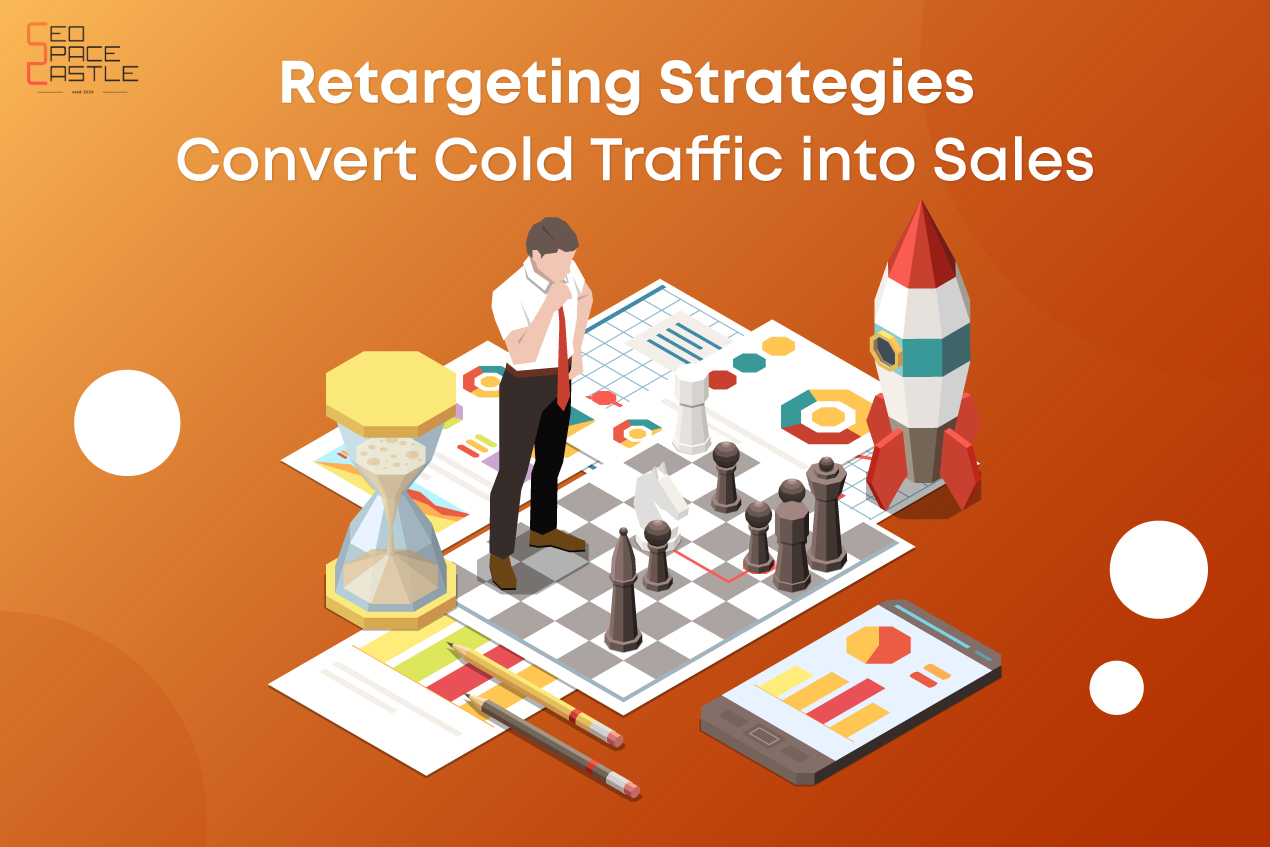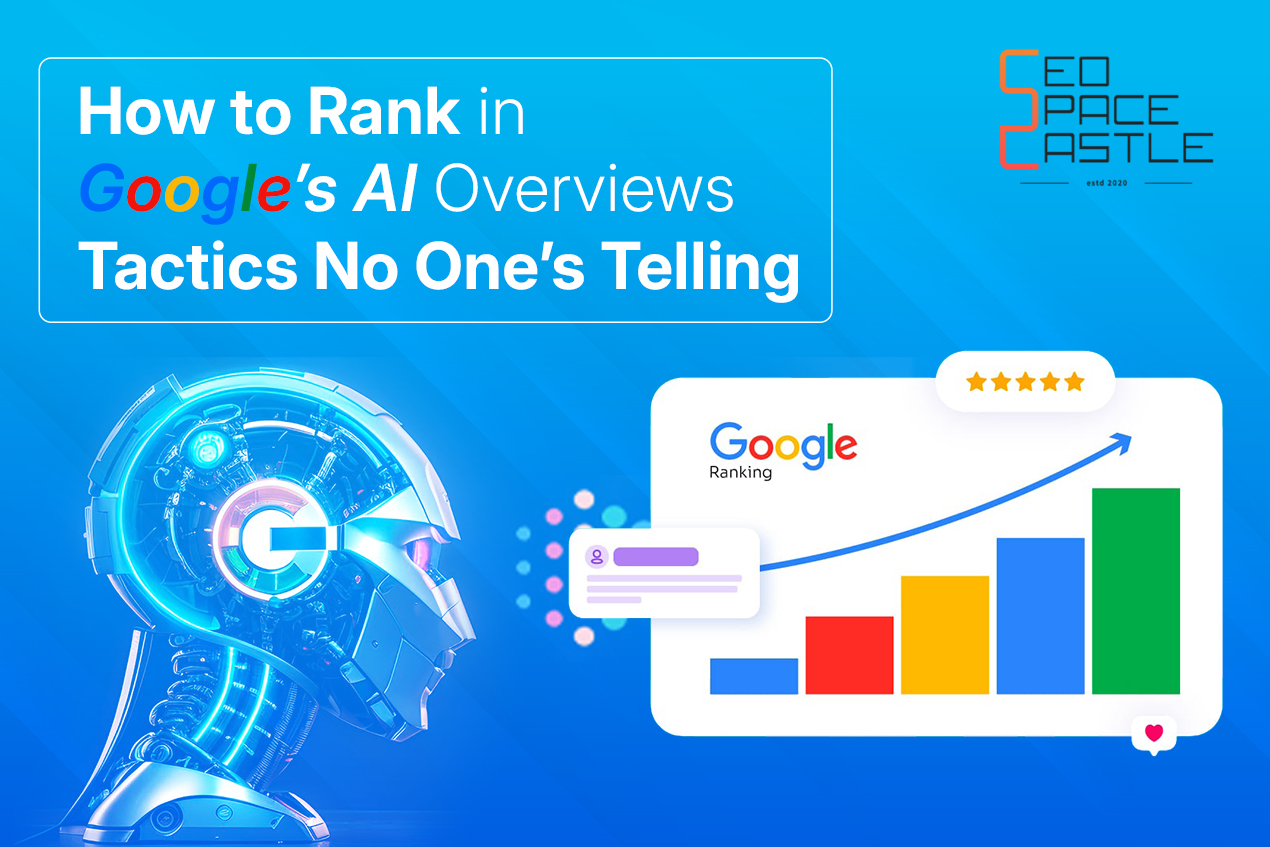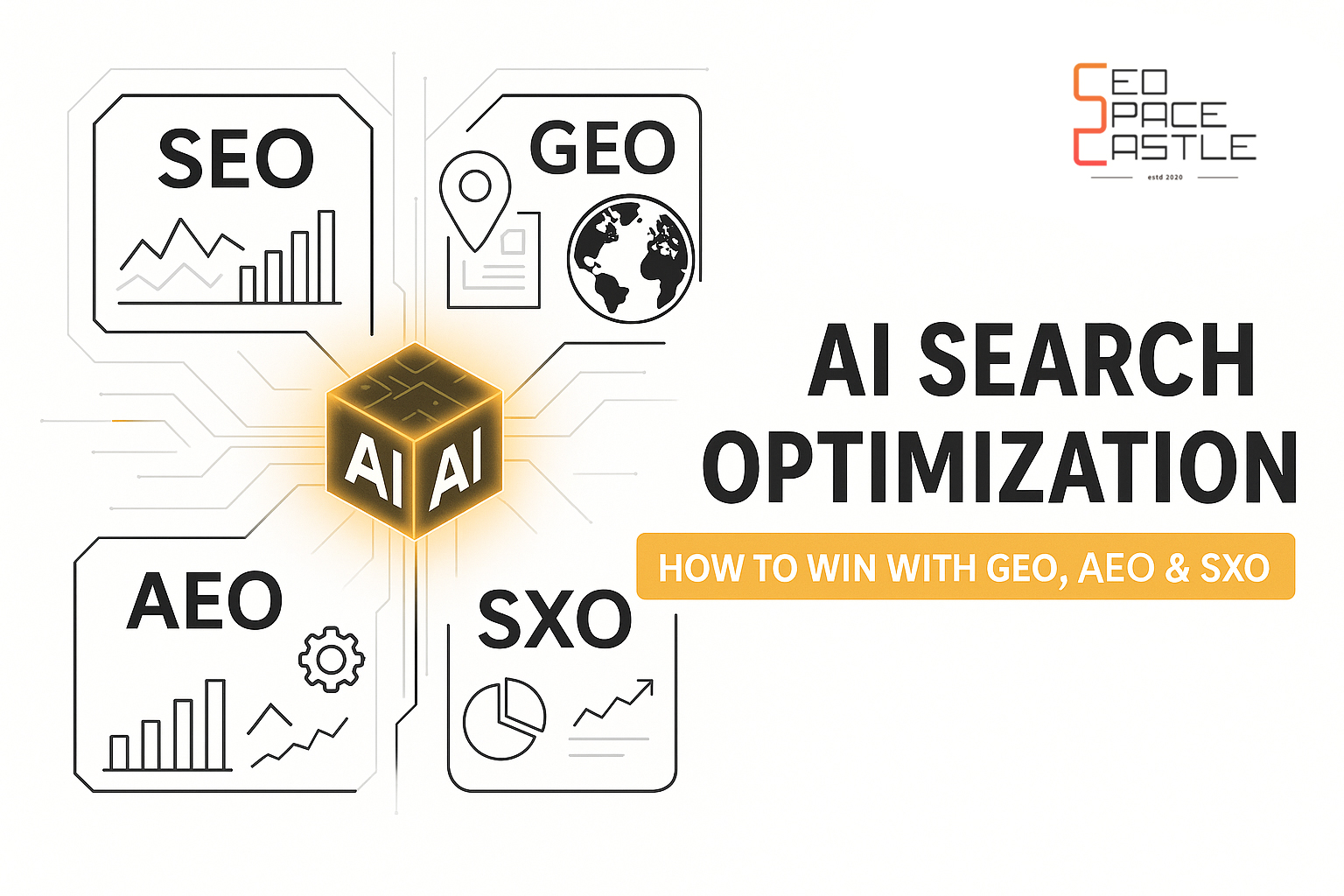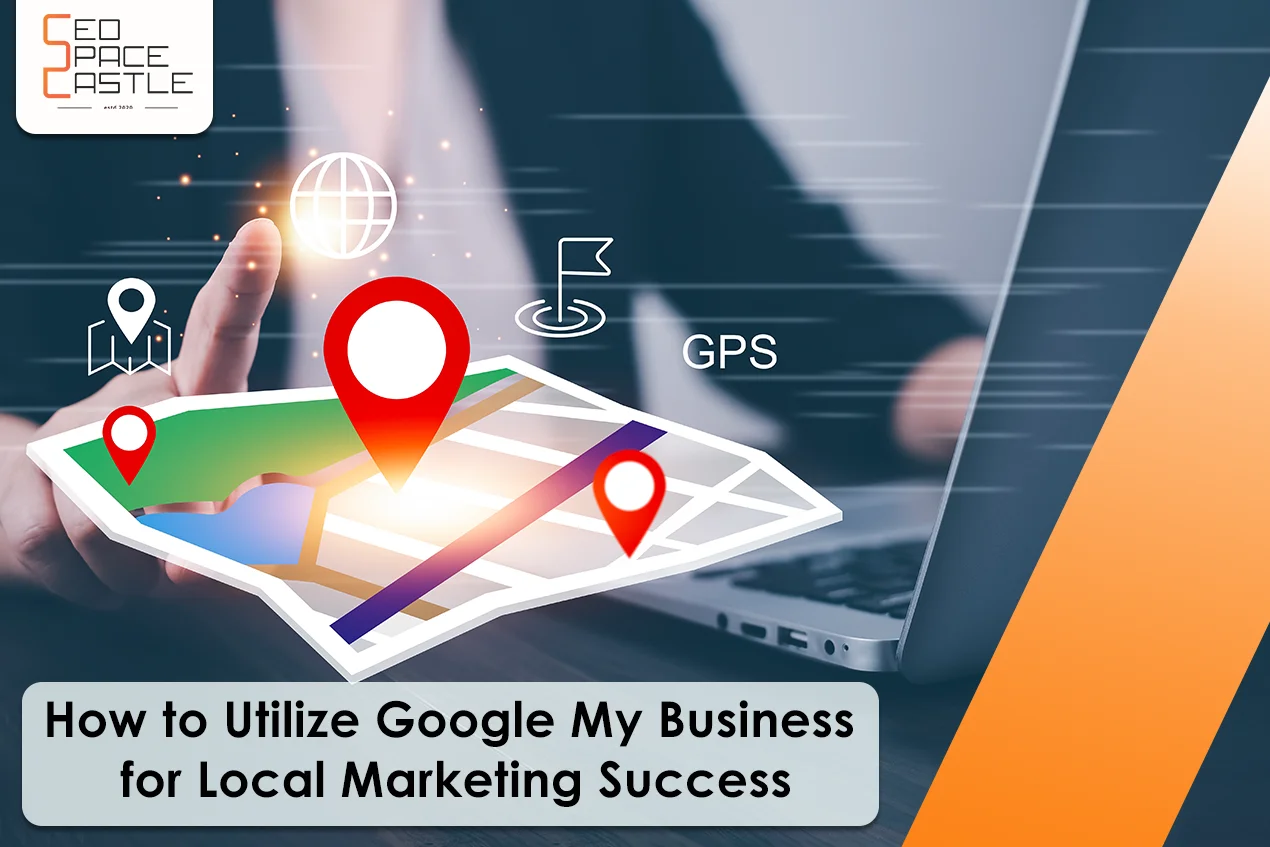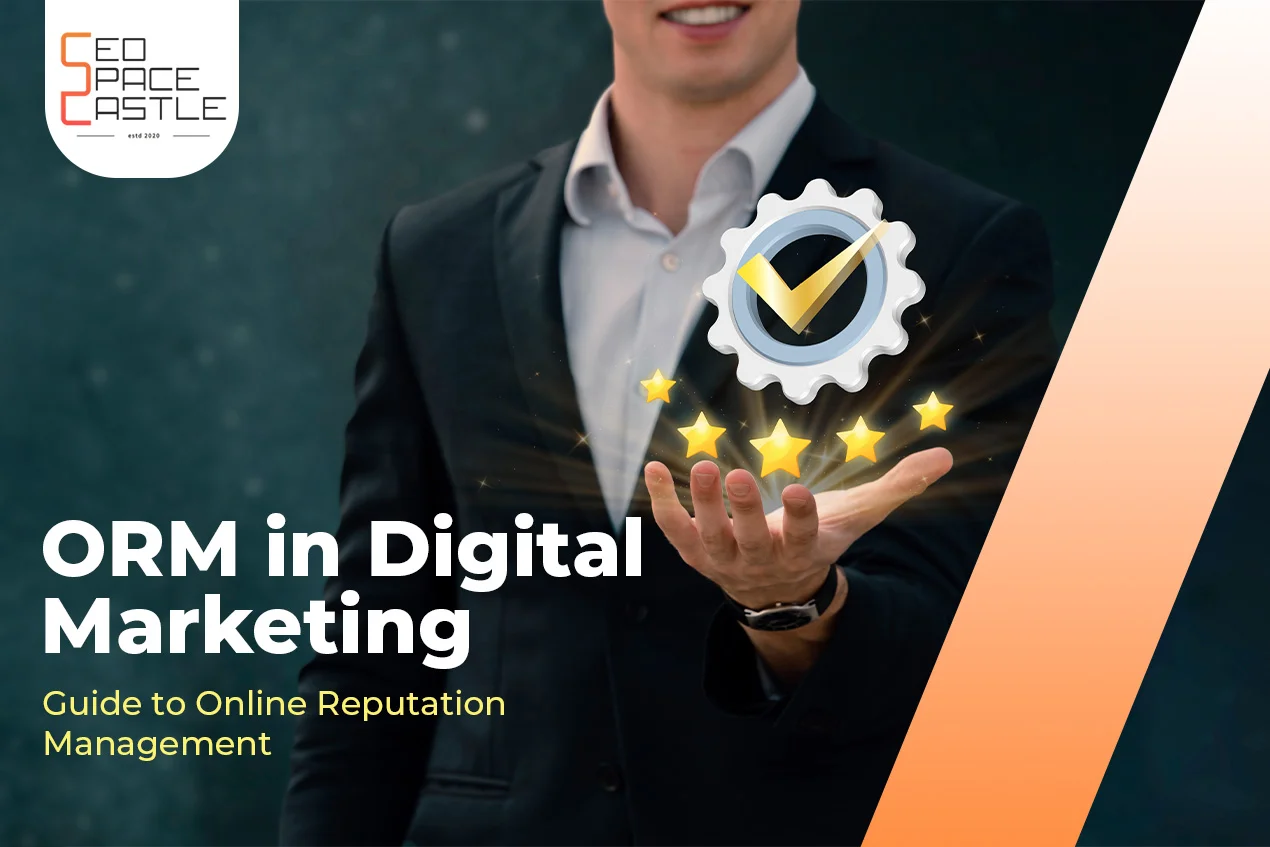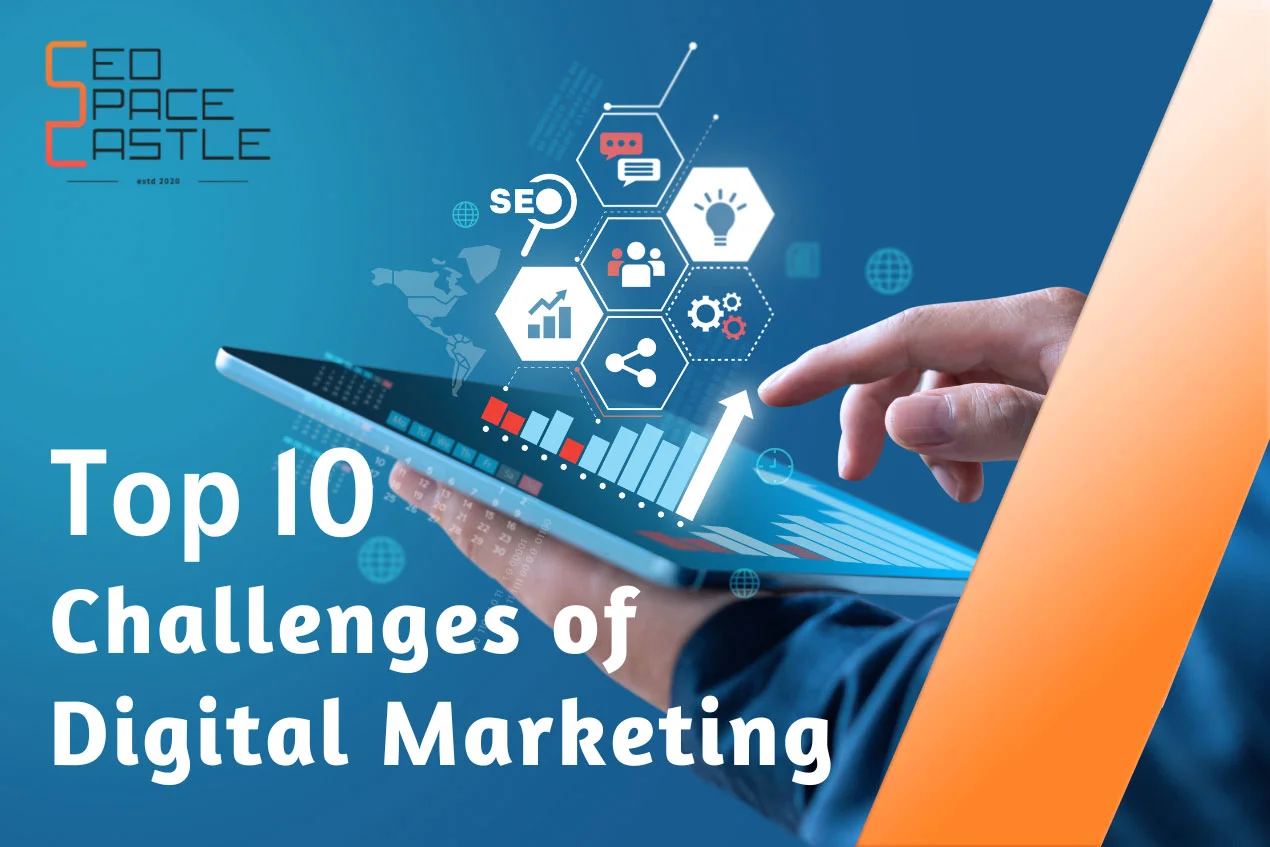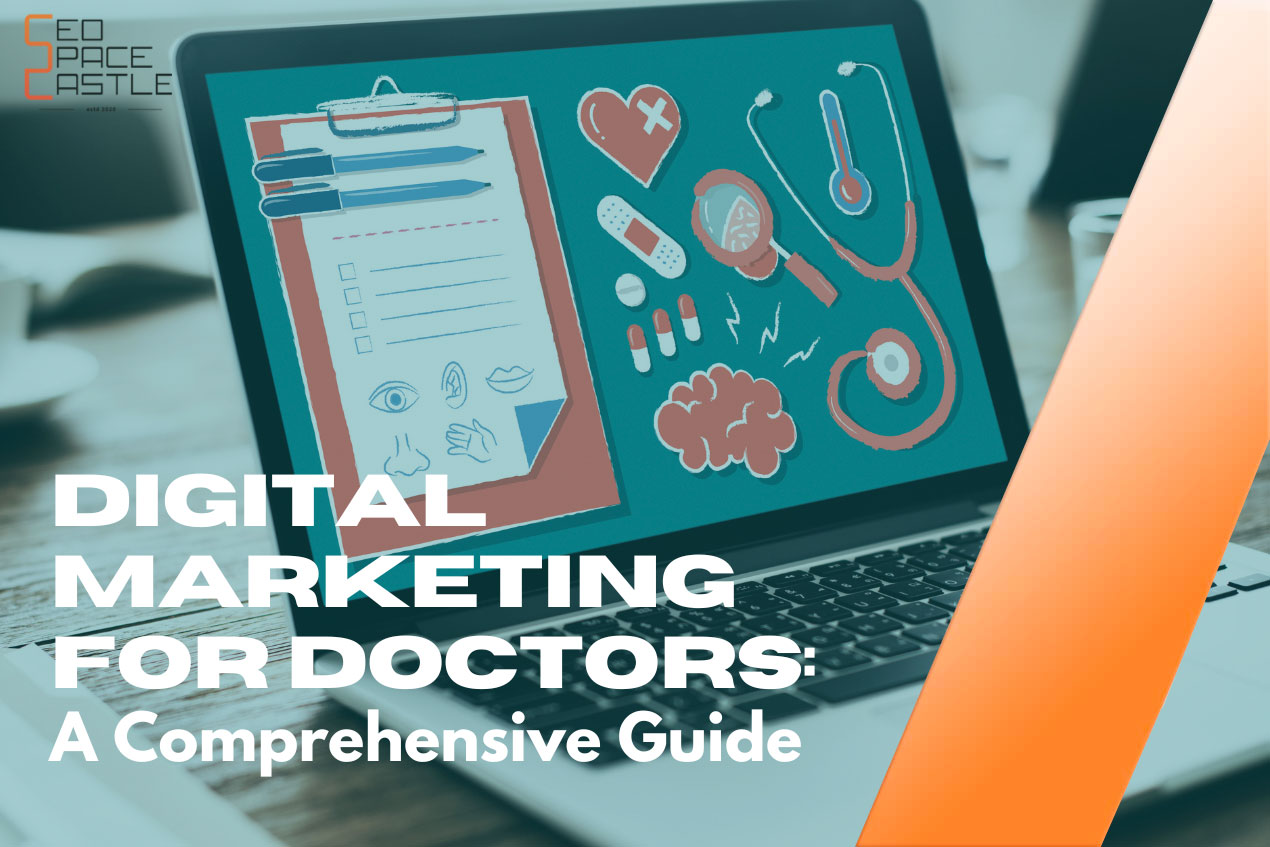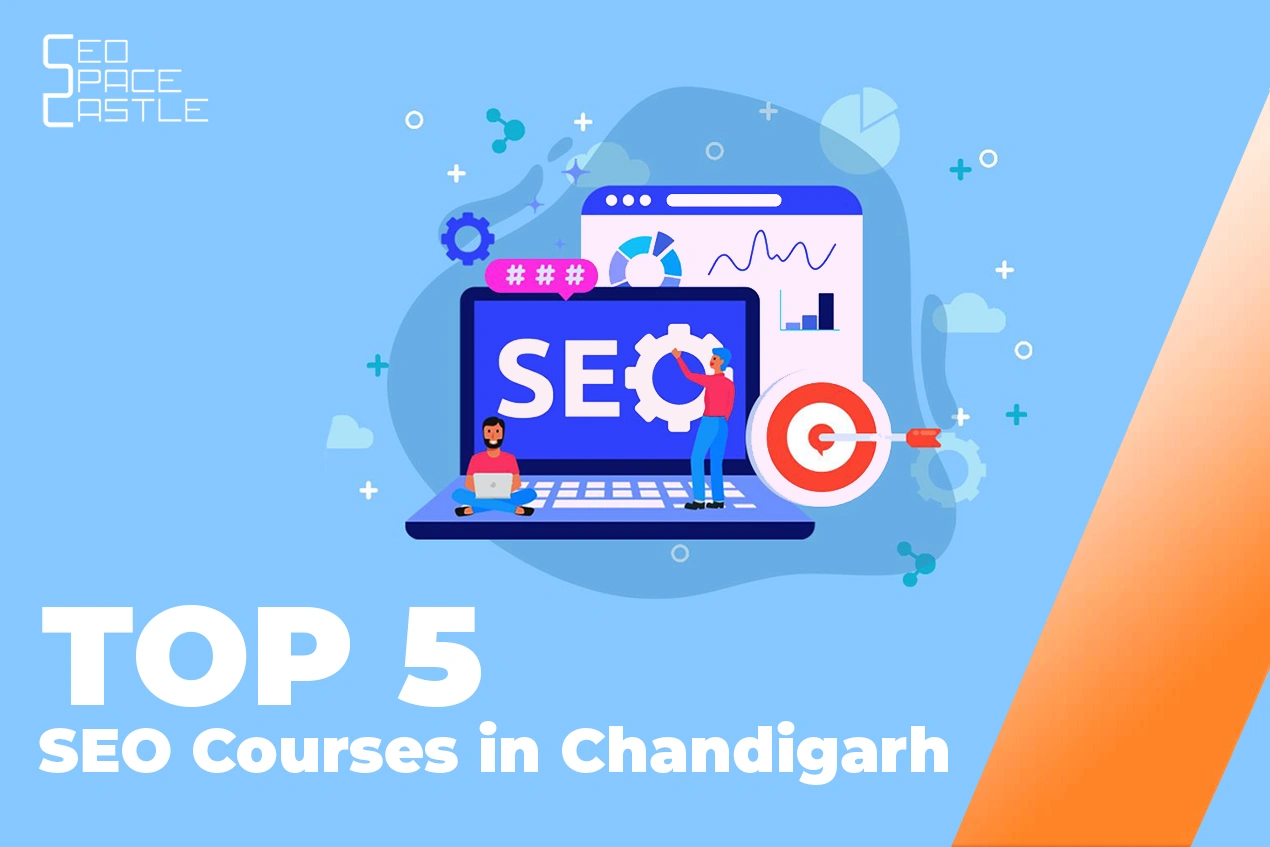In the dynamic landscape of digital marketing, staying ahead of the curve is essential. Programmatic SEO has emerged as a game-changer, reshaping the way businesses approach search engine optimization. This blog explores the complexities of programmatic SEO, its key components, benefits, implementation strategies, and challenges. Let's dive right into the blog.
Table of Contents
- What is Programmatic SEO?
- Benefits of Programmatic SEO
- Steps for Implementing Programmatic SEO
- Common Challenges in Programmatic SEO
- Conclusion
- Frequently Asked Questions
What is Programmatic SEO?
Programmatic SEO represents a paradigm shift in the traditional approach to SEO. Unlike manual interventions, programmatic SEO leverages automation and data-driven insights to optimize online visibility. This methodology involves real-time adjustments based on user behavior and market trends. In other words, creating original, excellent pages at scale with a template and database is known as programmatic SEO.
Producing material that is as in-depth and comprehensive as a traditionally published piece yet repeated thousands, if not millions, of times at scale is the aim of programmatic SEO. A website that uses programming can have 200 pages or 4 million pages. Make sure every page has a distinct function in the search process.
A powerful technique that can either utterly clutter a website or grow it immensely is content produced via programming. To truly contribute to advancing SEO, we need to start thinking more broadly—or perhaps more accurately, "deeper" about our content.
Benefits of Programmatic SEO
1.) Enhanced Efficiency and Scalability
Automation allows for streamlined processes, reducing manual effort and enhancing overall efficiency. As the system learns and evolves, scalability becomes seamless, accommodating the growth of the business.
2.) Improved Targeting and Personalization
By analyzing user data, it enables businesses to tailor content to specific audience segments. This personalization not only enhances user experience but also improves the chances of conversion.
3.) Real-time Adaptability to Market Changes
In a constantly evolving digital landscape, the ability to adapt swiftly is invaluable. Programmatic SEO ensures that your strategies align with the latest market trends and search engine algorithms.
4.) Data-driven Decision-making
Informed decisions are the bedrock of successful marketing strategies. Programmatic SEO, with its reliance on data, empowers businesses to make strategic choices backed by concrete insights.
5.) Cost-effectiveness and ROI
Programmatic SEO optimizes resource utilization by automating tasks and improving targeting, leading to cost-effectiveness. The measurable outcomes also contribute to a higher return on investment (ROI).

Steps for Implementing Programmatic SEO
I.) Research Keywords
To kickstart your strategy, begin by conducting thorough keyword research. Identify keywords that not only resonate with your business but also have the potential to scale and attract a larger audience. Utilize keyword research tools to gauge search volume, competition, and relevance. This foundational step lays the groundwork for a strategic and targeted approach to optimization.
II.) Check Search Intent
Understanding user intent is paramount in programmatic SEO. Analyze the intent behind each identified keyword to ensure your content aligns with what users are searching for. Whether informational, transactional, or navigational, tailoring your content to meet user intent enhances the overall user experience and increases the likelihood of conversion.
III.) Find Relevant Data
Data is the backbone of programmatic SEO. Leverage relevant data to inform your content strategy and optimization efforts. Utilize analytics tools to gain insights into user behavior, preferences, and trends. This data-driven approach ensures that your SEO efforts are aligned with current market demands and responsive to evolving user expectations.
IV.) Optimize Website's Meta Tags
Meta tags are crucial in how search engines interpret and rank your content. Ensure your website's meta tags, including title tags and meta descriptions, incorporate the target keywords identified during your research. Crafting compelling and relevant meta tags boosts search engine visibility and entices users to click through to your content. This optimization step is essential for signaling your pages' relevance and value to search engines.
V.) Build Your Landing Pages
Creating dedicated landing pages is a crucial step in programmatic SEO . Each landing page should match specific keywords and cater to the identified search intent. Optimize these pages with compelling headlines, relevant content, and clear calls to action. Building purposeful landing pages enhances user experience and increases the likelihood of conversions.

IV.) Publish Quality Content to Your Website
Quality content is the cornerstone of any successful SEO strategy. Regularly publish informative, engaging, and relevant content that addresses the needs and interests of your target audience. Programmatic SEO thrives on dynamic content, so ensure your website remains a valuable resource for users and search engines. Consistent and high-quality content contributes to improved search engine rankings and user satisfaction.
IIV.) Optimize Your Website's URL Structure
A well-organized URL structure is user-friendly and aids search engines in understanding the hierarchy and relevance of your content. Optimize your website's URL structure by incorporating target keywords and maintaining a logical hierarchy. Clear and concise URLs enhance the user experience and contribute to better search engine visibility and indexing.
IIIV.) Implement Schema Markup
Schema markup is a powerful tool that provides additional context to search engines about the content on your website. By implementing schema markup, you can enhance your pages' appearance in search engine results, providing users with more detailed and relevant information. This structured data markup not only improves the visibility of your content but also contributes to a more informative and visually appealing search experience for users. Implementing schema markup is a forward-thinking approach in programmatic SEO, ensuring your content stands out in the crowded digital landscape.
Common Challenges in Programmatic SEO
1.) Data Privacy Concerns:
Programmatic SEO relies heavily on data, and with the increasing emphasis on privacy regulations, ensuring compliance can be challenging. Striking a balance between data utilization and user privacy is crucial to maintaining trust and adherence to legal standards.
2.) Learning Curve and Skill Gap:
The implementation of programmatic SEO often requires a learning curve. Acquiring the necessary skills to use automation tools and interpret data insights effectively can be time-consuming. Bridging the skill gap among team members is vital for seamless integration.
3.) Algorithmic Changes:
Search engine algorithms are dynamic and subject to frequent updates. Keeping pace with these changes can be challenging, requiring continuous monitoring and adjustment of programmatic SEO strategies to align with the evolving algorithms.
4.) Over-reliance on Automation:
While automation is a cornerstone of Programmatic SEO, an over-reliance on automated processes without human oversight can lead to oversights and misinterpretations. Striking the right balance between automation and human input is essential for optimal results.
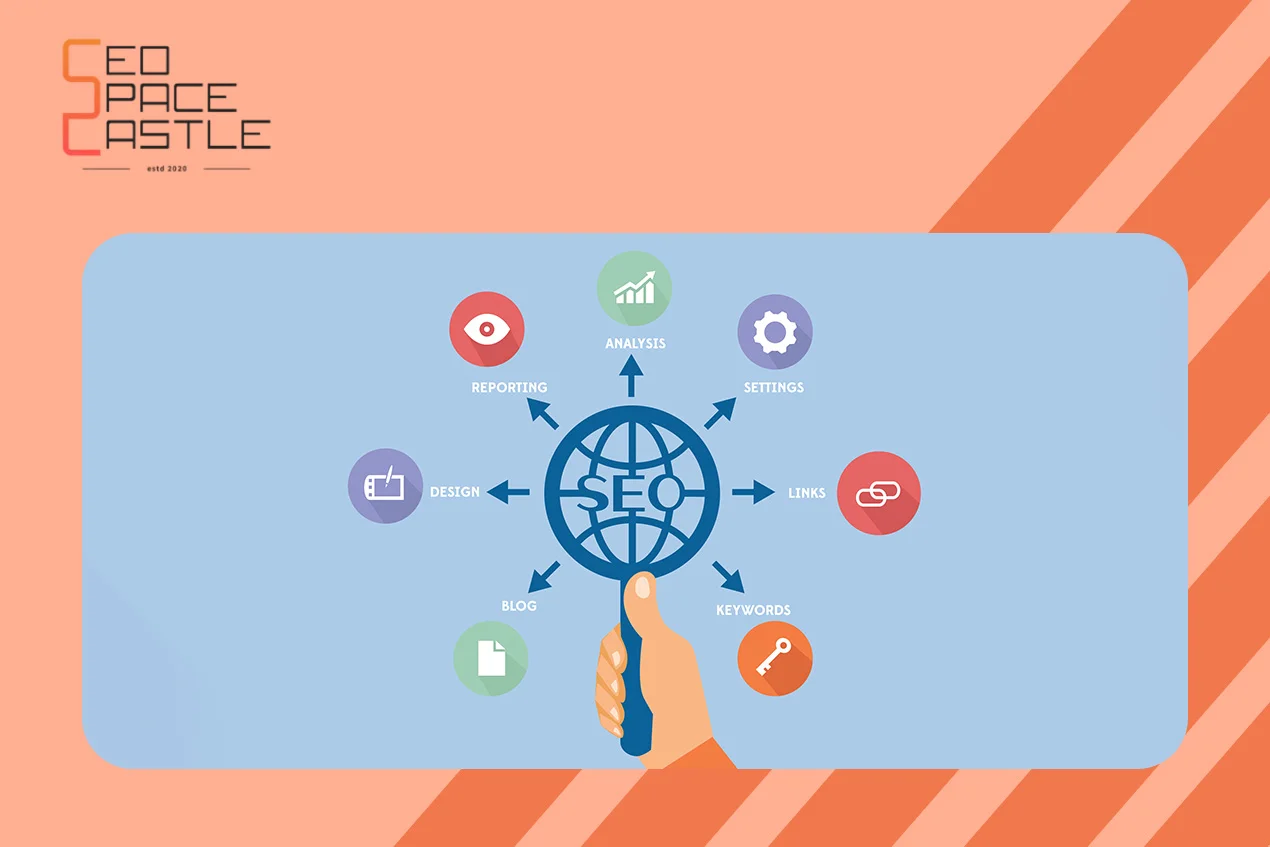
Conclusion
Programmatic SEO represents the evolution of traditional SEO, offering businesses a dynamic and efficient approach to online optimization. By embracing automation, data-driven insights, and real-time adaptability, businesses can precisely navigate the complexities of the digital landscape. As we continue to witness advancements in technology and changes in user behavior, programmatic SEO stands as a beacon, guiding businesses toward sustained online success.
